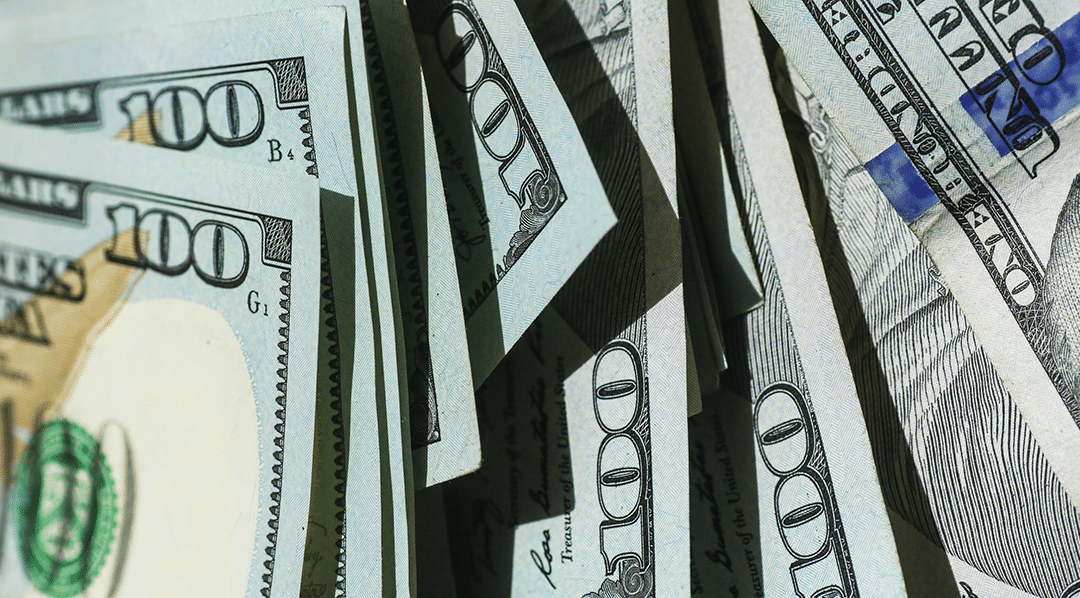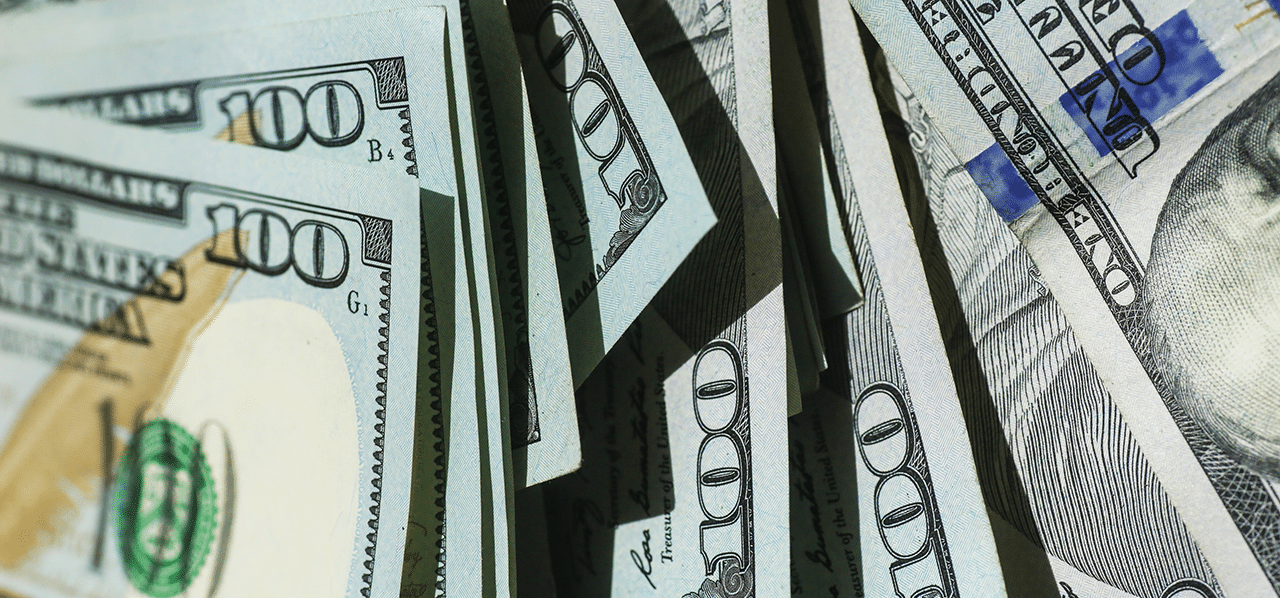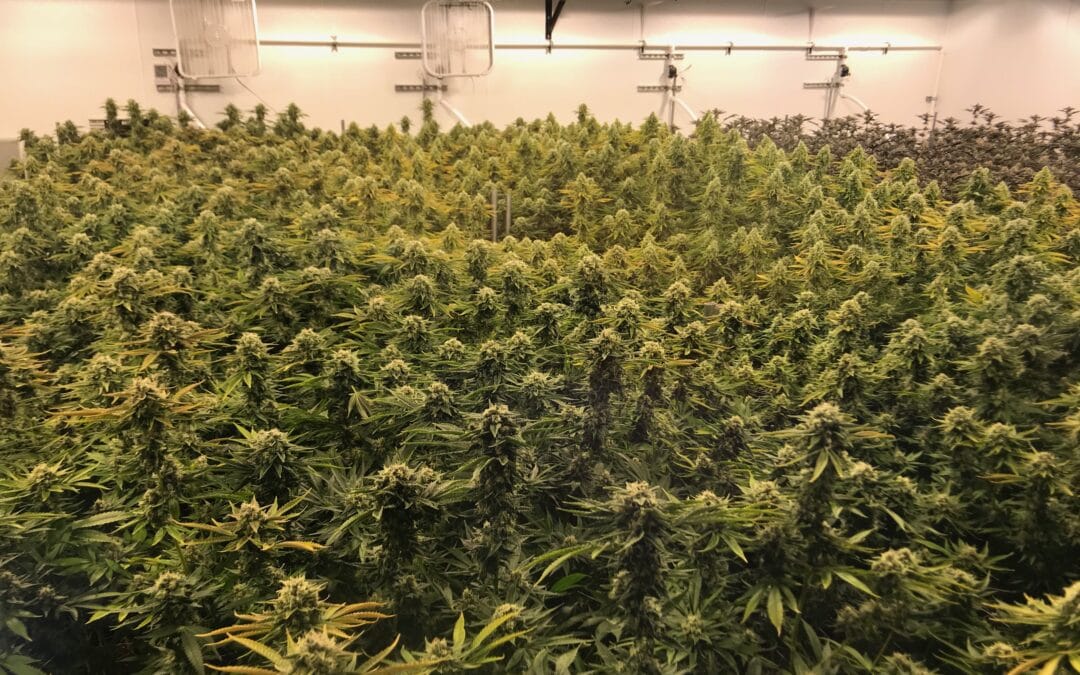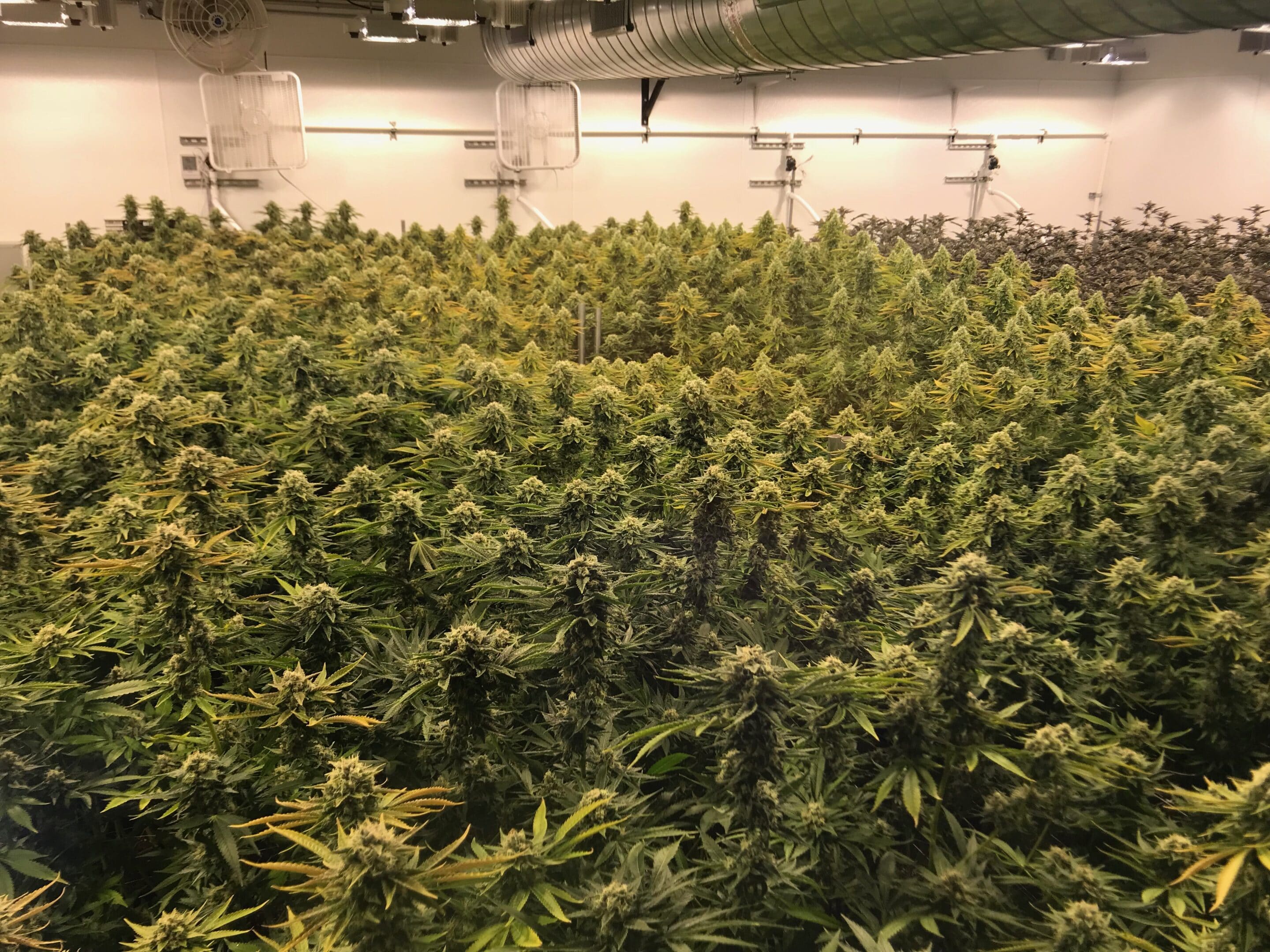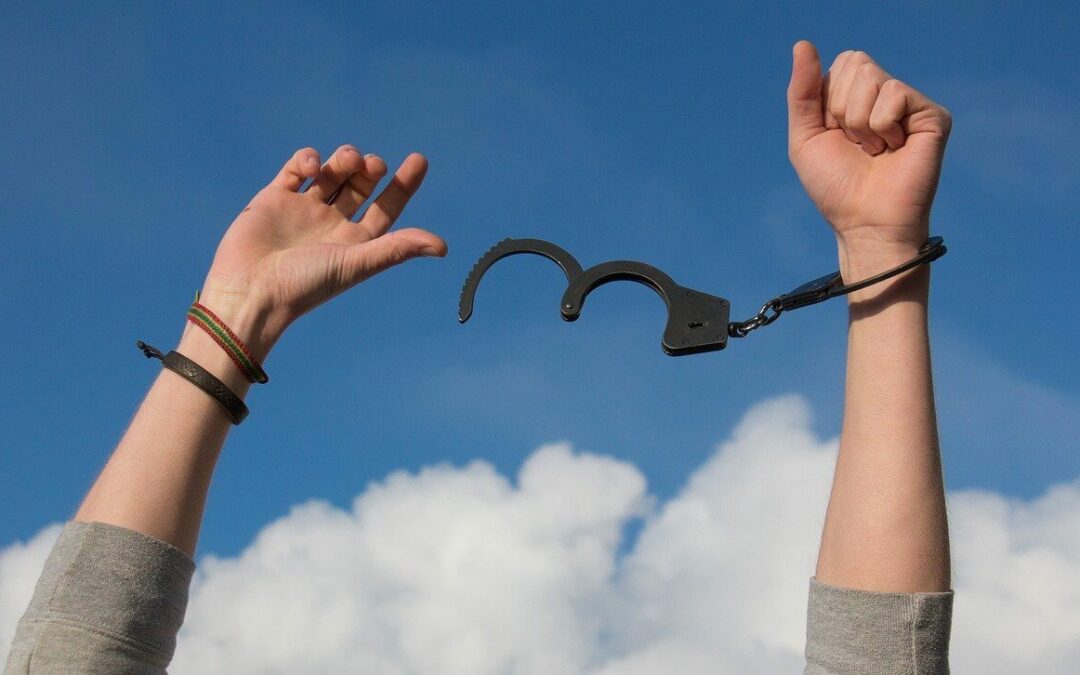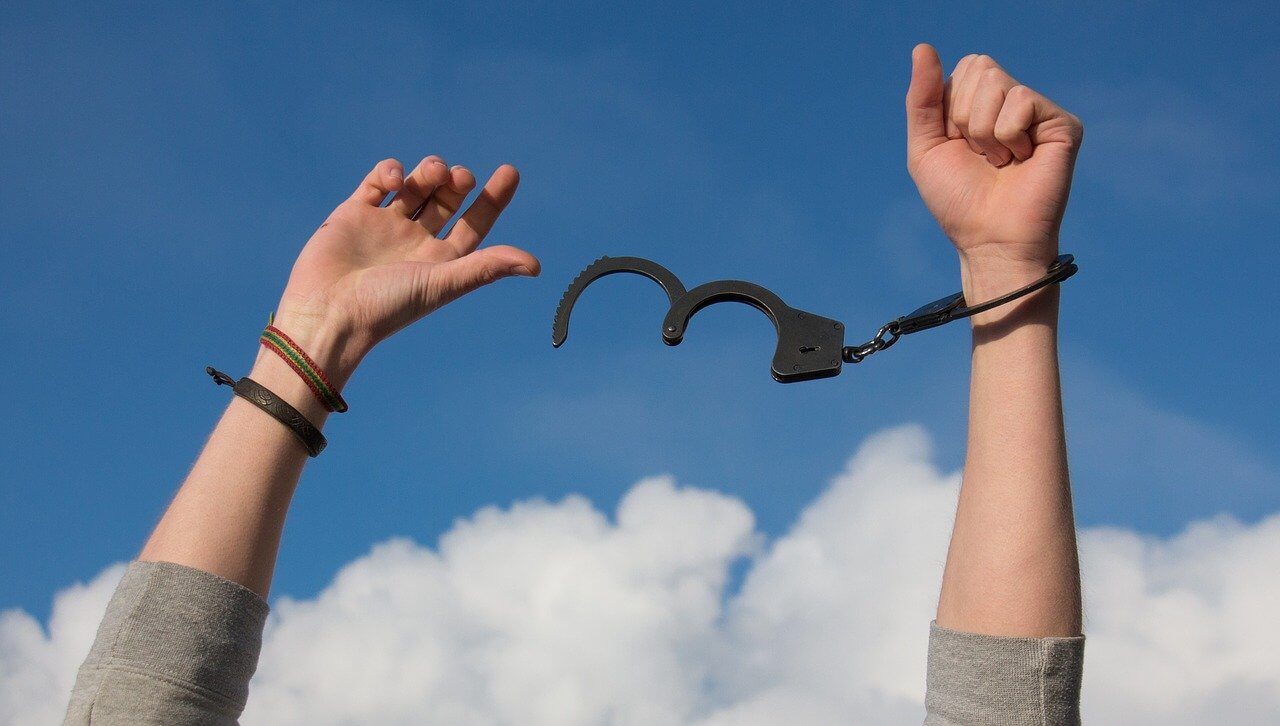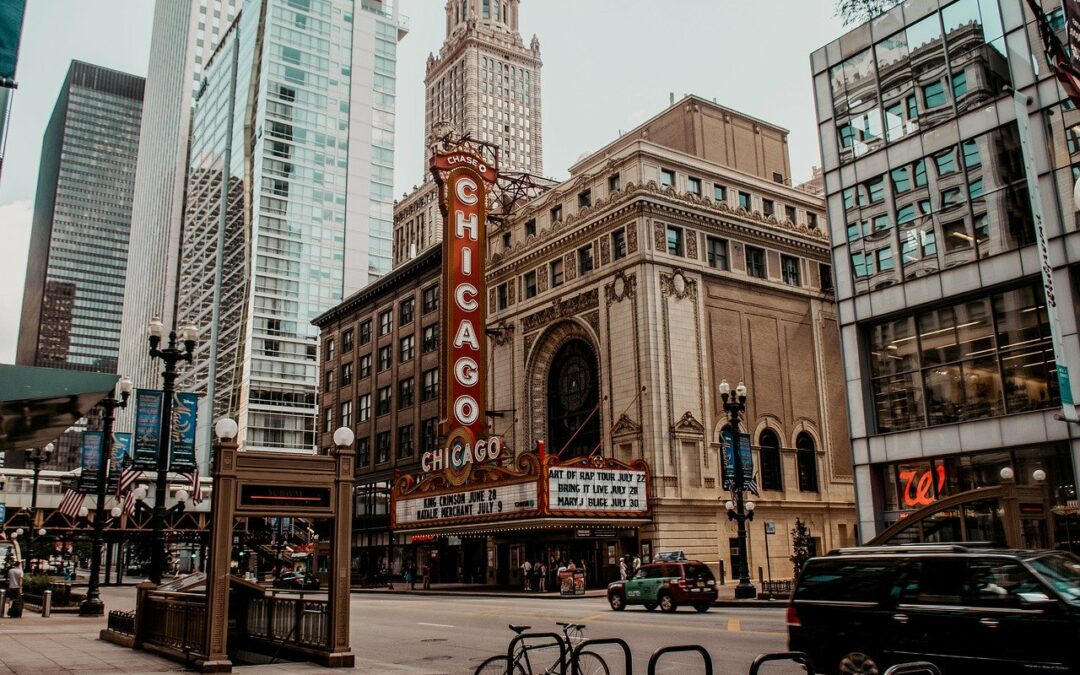
Illinois cannabis sales bring in billions, while leaving hundreds of license holders in limbo
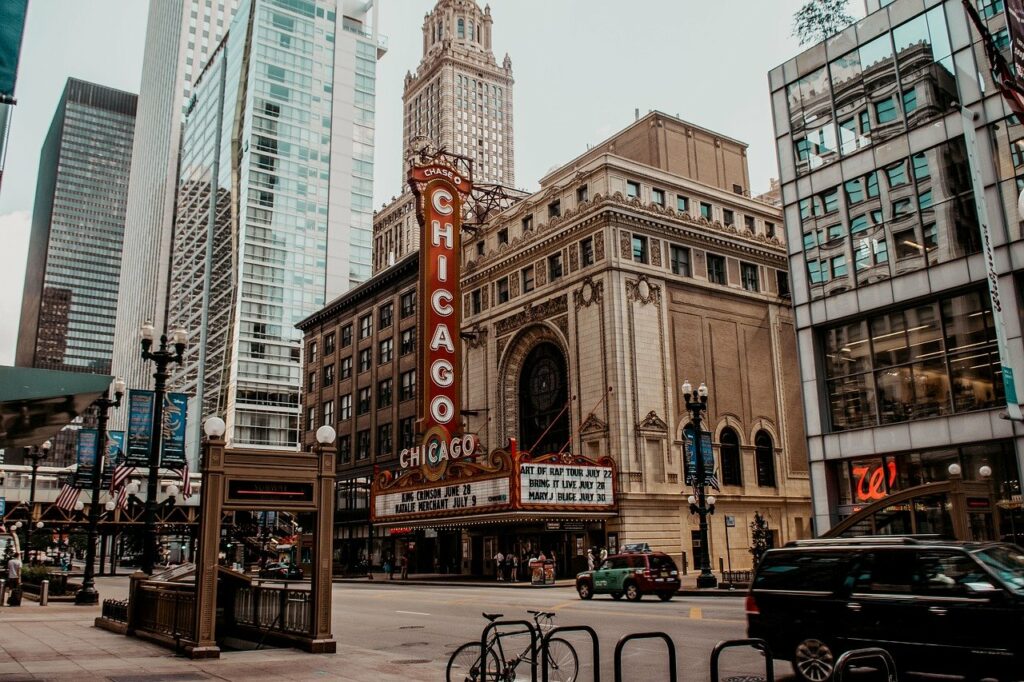
It is easy to look at the massive profits of the Illinois legal cannabis industry and think it’s been a huge success. But to nearly 200 cannabis dispensary license holders who have been put on hold, the industry isn’t meeting the promises made when the state legalized.
Since legalizing cannabis sales for adult use in 2020, Illinois has brought in over $2 billion in revenue. However a major aspect that made the Illinois cannabis legalization bill stand out was its claims of social equity.
The bill included multiple stipulations that would help minority and disproportionately impacted communities get first dibs on licenses. In one sense, they came through on that promise.
However getting a license and opening a business are two separate things. And 185 dispensary license holders — including minority license holders — have been waiting to open their businesses for two years.
For others like Akele Parnell, an attorney on the board of Chicago’s NORML chapter, they were able to open a grow facility, but with no dispensary to shelve the finished product. This has led to financial struggles for many who don’t have the partnerships or financial backing to stay afloat while waiting to be approved to open their business.

